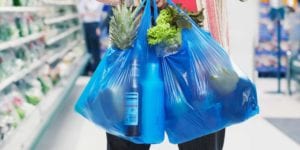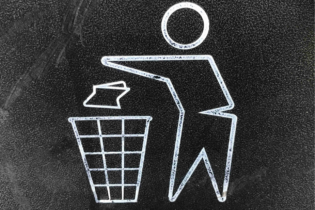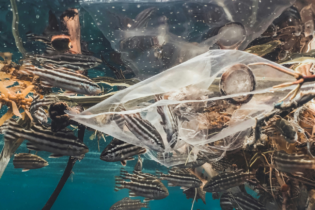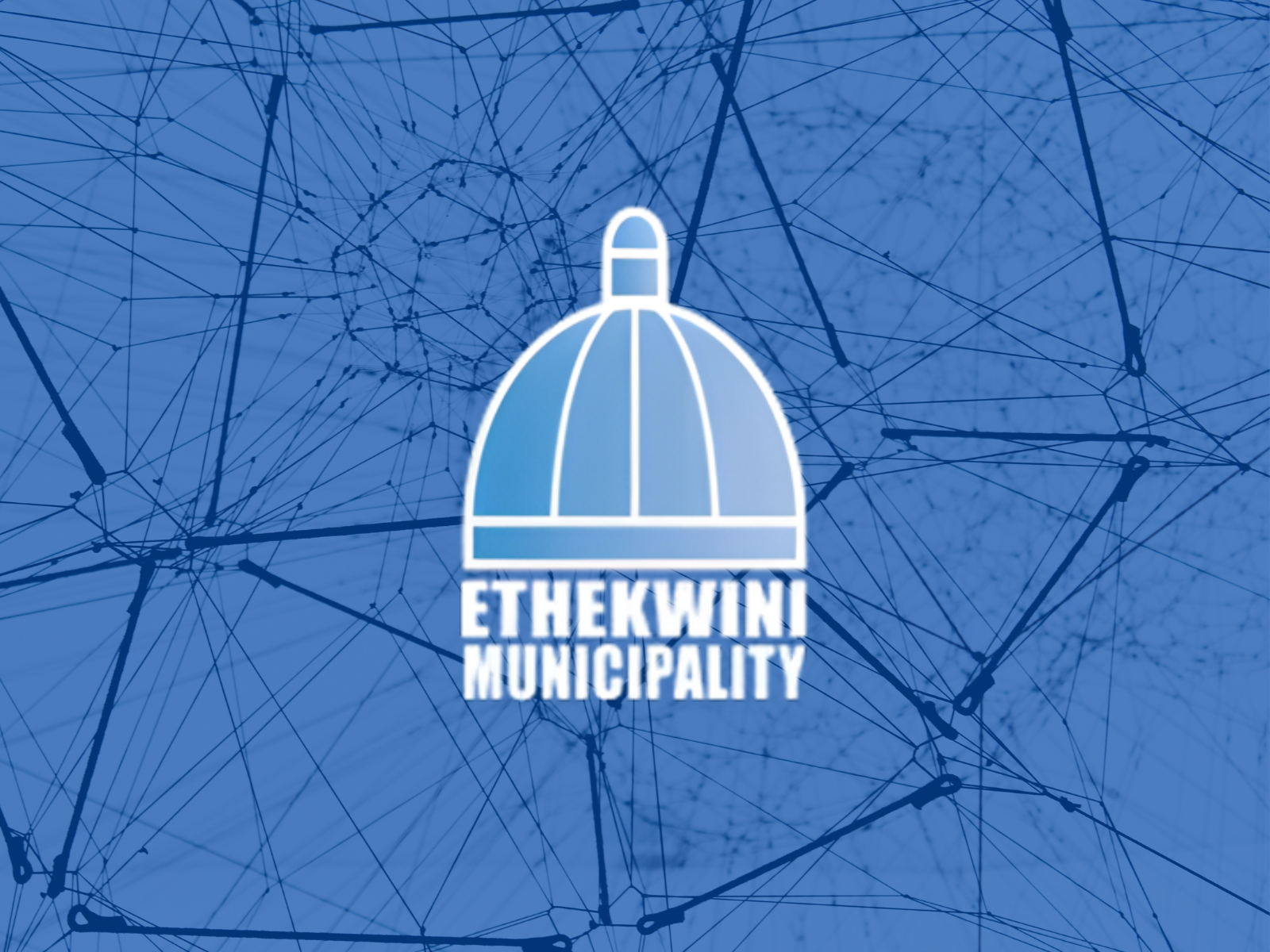Since the inception of the 3 cent cost in 2004, National Treasury has been collecting the Plastic Bag Levy. The money collected goes into the National Revenue Fund and National Treasury allocates a portion of it to the DEA for regulation of the thickness of plastic bags, the DEA explained.
“The collected levy is not ring-fenced and can only be allocated to recycling programmes following submission to the National Treasury of an approved and clear business plan on the implementation of such programmes,” the DEA said. The money is also used to support recycling initiatives.
Plastic bag manufacturers could possibly find themselves hot water with the Department of Environmental Affairs (DEA) after the Sunday Times recently reported that millions of branded plastic supermarket bags that claimed to be recycled were not.
The article also mentioned that in order “to cut costs, plastic manufacturers, known as converters, started adding chalk (calcium carbonate) as a cheap filler to the mix, sabotaging the mechanical process used to recycle the bag”.
The DEA has said it is taking these allegations seriously and will be liaising with the National Regulator for Compulsory Specifications (NRCS) and the South African Bureau of Standards (SABS) to ensure that plastic bag manufacturers comply with the regulatory requirements and product standards.
In 2003, South Africa introduced plastic bag regulations in order to address the challenge of plastic bag litter. The regulations called for thicker, more durable plastic bags to be compulsory. This specification prescribed that only plastic carrier bags and flat bags of a minimum thickness of 24 microns could be manufactured or imported into the country at a cost of 3 cents (now 6 cents) a plastic bag.
“In terms of the regulations, the plastic bags ought to be recyclable, thereby making them more environmentally friendly,” the DEA said. The new thickness also makes them more reusable.









